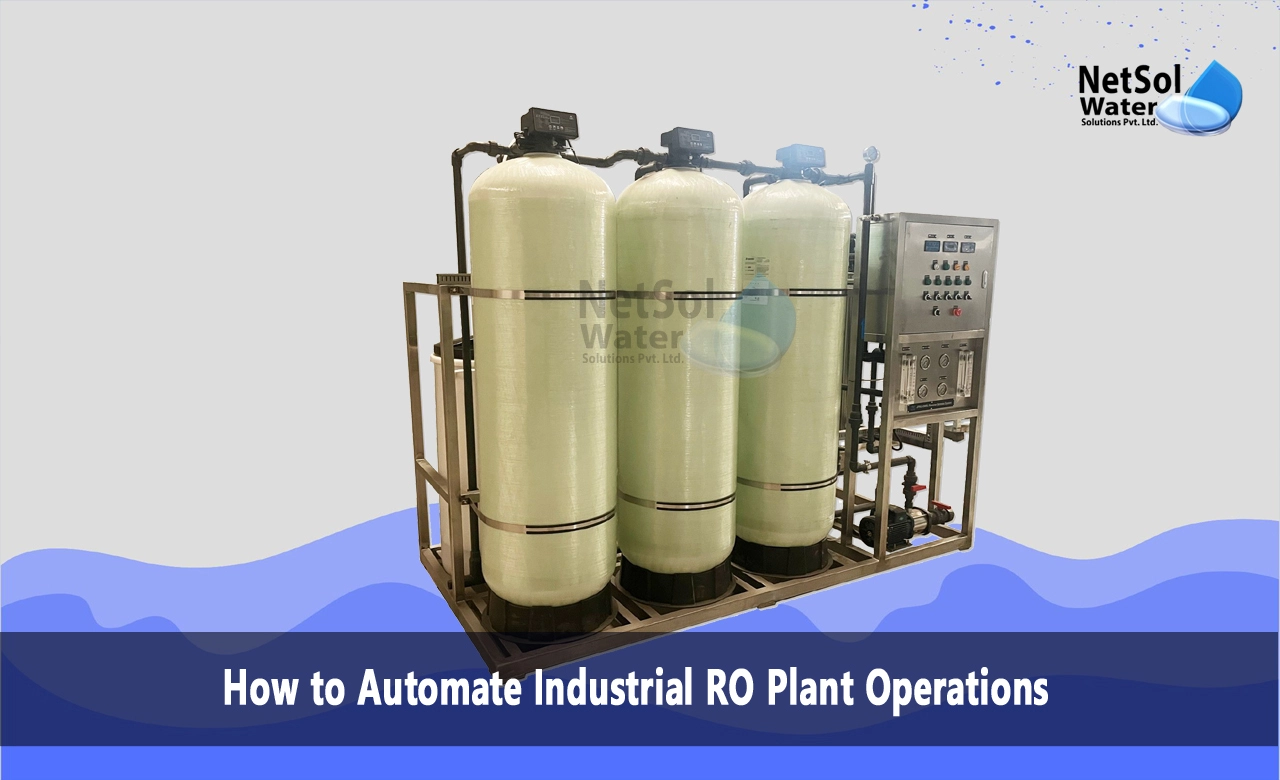How to Automate Industrial RO Plant Operations?
Reverse osmosis (RO) plants represent complex, multi-stage treatment systems requiring robust process controls for consistent and efficient pure water production. Manual operation simply isn't feasible at industrial scales given the multitude of interconnected equipment, instrumentation, and chemistry adjustments needed across pretreatment, membrane separation, and post-treatment segments.
Automating an industrial RO plant centralizes monitoring and control over all critical process areas into supervisory control and data acquisition (SCADA) systems. Programmable logic controllers (PLCs) translate management strategies into automated valve positioning, dosing pumps, backwash sequencing, and more across the entire facility.
We'll explore key areas benefiting from automation within RO plants. We'll also discuss essential instrumentation and control hardware required to enable autonomous operations.
Automation Scope and Objectives
The prime objectives driving industrial RO plant automation are three-fold:
1) Ensure consistent, high-quality pure water production by tightly controlling all separation, pretreatment, remineralisation, and cleaning processes.
2) Maximize operational efficiency and uptime through continuous system monitoring and adjustments, avoiding upsets, scaling, or fouling events.
3) Enhance process data collection, visualisation, and decision support through SCADA trending, reporting, and optimisation calculations.
Nearly every process area gets integrated into facility automation systems. The feed pump controls and modulates intake volumes and pressures based on instrumentation readings. Chemical dosing pumps automatically adjust coagulant, scale inhibitor, pH, and regeneration doses in response to fluctuating feed water quality.Membrane separation systems monitor differential pressures, flows, and conductivities to control staging and valve positioning. Post-treatment remineralisation pumps and streams regulate final mineral content. And periodic maintenance events like backwashing, membrane cleaning, pretreatment filter swaps, and resin regenerations sequence automatically.
Instrumentation and Controls Hardware
At the heart of any industrial RO plant automation system lies panels of programmable logic controllers networked with sensors, analysers, and final control elements. PLCs translate management strategies into the valve movements, pump adjustments, and equipment sequencing needed to execute automated process control.
Key instrumentation providing real-time process feedback includes:
1- Flow meters (magnetic, vortex shedding, ultrasonic)
2- Pressure sensors and differential pressure transmitters
3- Conductivity, pH, ORP, and other aqueous analyzers
4- Filter differential pressure and turbidity monitors
5- Tank and reservoir level sensors/transmitters
6- Pump power monitors
Control hardware actuating adjustments spans:
1- Control valves (modulating, on/off)
2- Multi-speed pumps and drives
3- Chemical dosing pumps
4- Automatic backwash/cleaning sequencers
5- Equipment start/stop circuits
This distributed control system monitors all inputs, executes control logic strategies programmed into PLCs, and then adjusts outputs to modulate process areas as needed to maintain prime directives around water quality, efficiency, and uptime.
Conclusion
Automating an industrial RO plant allows leveraging digital monitoring, calculations, and controls to fine-tune every process area in real-time. This centralised capability optimises pure water production consistency and efficiency to keep elaborate separation systems running smoothly without issues.Beyond basic process controls, automation enables advanced performance tracking, energy optimisation, predictive maintenance alerts, and much more. Even artificial intelligence gets layered in for dynamic adjustments, surpassing static programming alone.
Automating the plant is essential to ensure reliable RO membrane performance within the budget, environmental and product quality objectives. The automation system design should be comprehensive and synergised with comprehensive instrumentation deployment to enable large industrial RO plants to consistently and efficiently provide the ultra-pure water streams critical to several facility operations. It is a core engineering necessity, not an optional luxury, as the complexity of the process cannot be well managed through manual oversight alone.
To explore customised commercial RO plants, Industrial RO plants, ETP or STP solutions for your needs in your areas and nearby regions, contact Netsol Water at:
Phone: +91-965-060-8473, Email: enquiry@netsolwater.com



